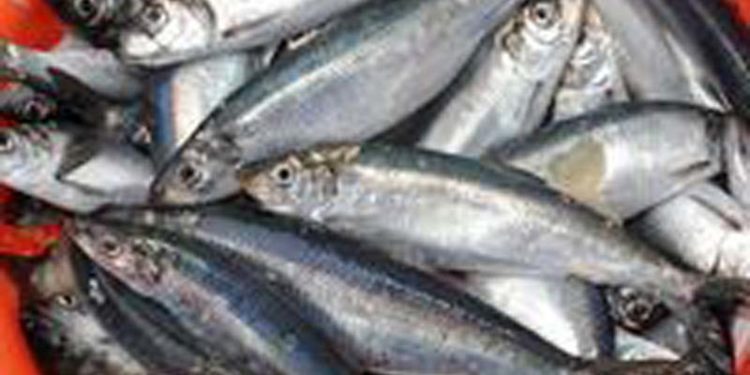The Northern Ireland Pelagic Sustainability Group (NIPSG) Irish Sea-Atlantic mackerel, west of Scotland herring and North Sea herring fisheries have entered into Marine Stewardship Council (MSC) full assessment. If successful, this will more than double the number of MSC certified fisheries in Northern Ireland.
Sustainable fishing
The mackerel and herring are targeted using three pelagic trawler vessels – Voyager, Stephanie M and Havilah providing fresh and frozen product into UK and EU markets. These vessels are each between 49-75 metres long and equipped with state of the art technology allowing the fishery to be very precise with species it catches. This means the fishery has little or no bycatch, thanks to the use of sonar, net and catch monitors, and has no contact with the seabed.
“We are very keen to expand our MSC certification even further within Northern Ireland fisheries,” said Alan McCulla, chief executive of the Anglo-North Irish FPO and Secretary to the NIPSG. “The Irish Sea herring fishery is already MSC certified. It would be fantastic to bring mackerel and two other herring fisheries on board as well.”
Claire Pescod, UK & Ireland Fisheries Outreach Manager added: “Entering 3 fisheries into MSC assessment and more than doubling the number of Northern Irish fisheries in the MSC programme shows NIPSG’s commitment to ensuring sustainable pelagic fisheries and helping meet the market demand for independently verifiable sustainable seafood. I wish them well in the assessment.”
About the NIPSG
NIPSG represents the pelagic members of the Anglo-North Irish Fish Producers Organisation (ANIFPO) and the Northern Ireland Fish Producers Organisation (NIFPO), as well as pelagic fish processors in Northern Ireland, namely C&O Milligan, S&P Milligan and Kilkeel Kippering Company.
The total allowable catches for 2013 of the fisheries are as follows: western mackerel: 12,098 tonnes, west coast herring: 2,147 tonnes, North Sea herring: 6,523 tonnes.
About the certification process
All fisheries aiming for MSC certification as sustainable and well-managed are independently assessed against the MSC’s Environmental Standard for Sustainable Fishing. This is done by three independent scientific experts, with their work then peer reviewed by two further experts.
The certification of these three NIPSG fisheries is expected to take between 12-20 months and will be conducted by independent certifier, Food Certification International (FCI). Anyone who would like to contribute to the process is invited to contact Nicholas Pfieffer from FCI at fisheries@foodcertint.com.
FiskerForum.com









